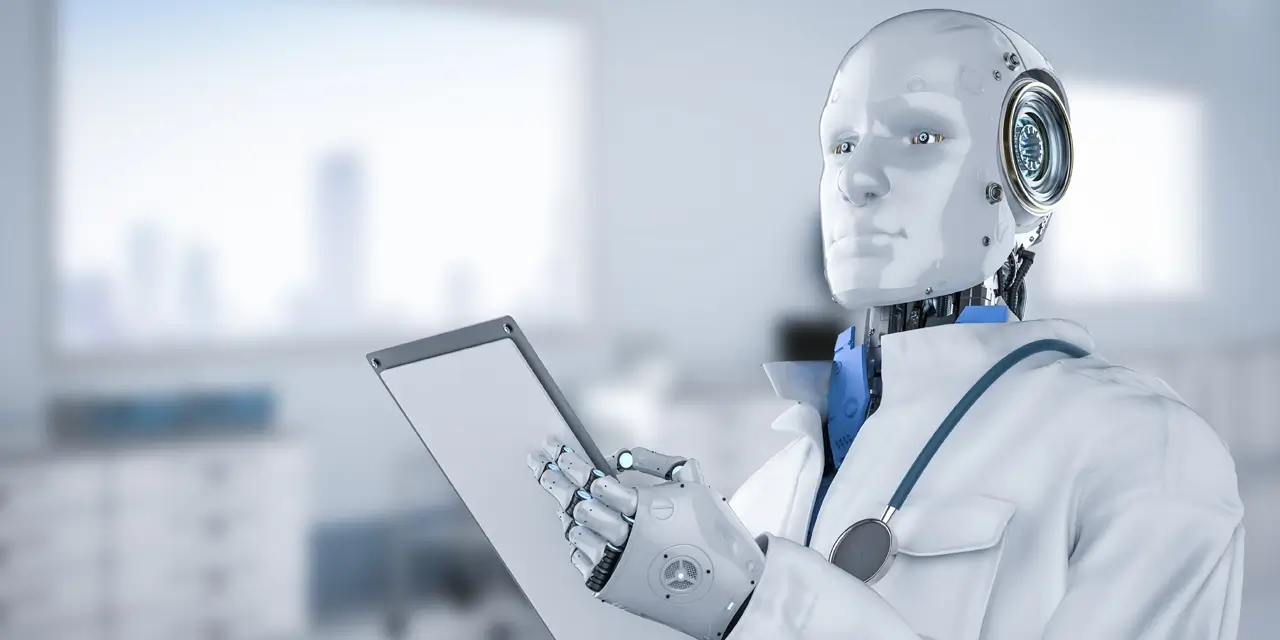The integration of artificial intelligence into healthcare is accelerating rapidly, promising everything from faster diagnoses to predictive treatments. But experts are increasingly urging caution—warning that while AI can enhance medical systems, it cannot replace human judgment and ethical responsibility.
With tools already being used to interpret scans, monitor vitals, and assist in treatment planning, AI is transforming both clinical and administrative sides of healthcare. Hospitals and startups alike are adopting AI models to streamline workflows, reduce wait times, and personalize patient care.
However, leading voices in the field stress that these systems must remain tightly supervised. “AI can support, but not supplant, the role of a trained healthcare professional,” say researchers. Mistakes in diagnosis or bias in algorithms can have life-altering consequences, especially for already vulnerable populations.
There are also concerns around data privacy and consent. Many AI tools rely on massive datasets from patients, but regulations around how this data is collected, stored, and used are still evolving in many parts of the world. Without strict guardrails, patient rights could be compromised.
Another growing worry is the “black box” nature of some advanced AI systems. If doctors cannot understand how a system arrived at a conclusion, trusting it blindly could be dangerous. Transparency and explainability are being pushed as top priorities for AI in healthcare.
Despite these concerns, the promise of AI remains significant. It has the potential to increase access to care in remote areas, assist overburdened doctors, and detect patterns that may escape human eyes. But as adoption grows, experts insist that the focus must remain on human-led, ethically grounded care.
Ultimately, AI should be seen as a partner in healing—not a substitute for the compassion, experience, and decision-making that only humans can offer.

